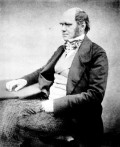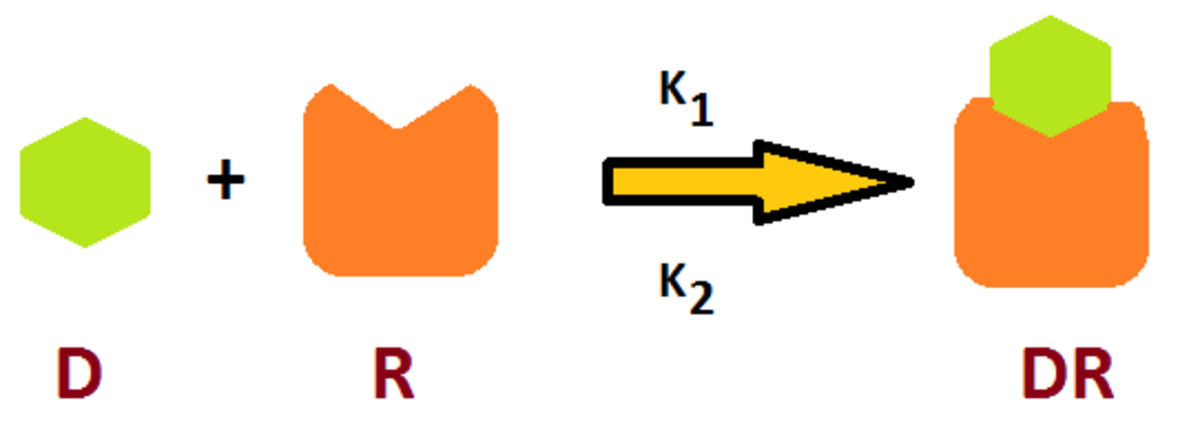Microevolution

Microevolution is the occurrence of small-scale changes in allele frequencies in a population over a few generations. Also known as change at or below the species level.
These changes may be due to several processes: mutation, genetic drift and sexual variety.
Population genetics is the branch of biology that provides the mathematical structure to study the processes of microevolution. The ecological genetics focuses on observing microevolution in nature. Typically, observable examples of evolution are examples of microevolution, for example, strains of antibiotic resistant bacteria.
Microevolution can be contrasted with macroevolution, which is the occurrence of larger-scale changes. At this point note that in the most widely accepted evolutionary theory, the neocatastrophism, there are two positions, the ultra-Darwinism and naturalism. For Porretas macroevolution is nothing more than a lot of microevolution.In contrast, naturalists contemplate the existence of microevolution and at the same time, other processes involving macroevolution. For the naturalistic macroevolution is not a lot of microevolution. But given the selection processes of species in which entire species displace others. As microevolution can be observed directly, some creationists admit that occurs, but tend to deny macroevolution and speciation.
However, recent experiments suggest that enough changes in generations give rise to macroevolution: the evolutionary biologist Halmin Kensin of Michigan State University in East Lansing, United States 20 years ago took a single Escherichia coli bacterium and used its descendants to found 12 laboratory populations.
The 12 have been growing ever since, gradually accumulating mutations and evolving for more than 44 000 generations.
The observed changes showed similar patterns in each population separately. All 12 evolved into larger cells and a faster growth rates in glucose and lower peak population densities.
But in the generation of 31 500 bacteria populations acquired the ability to metabolise citrate, a nutrient in the culture medium E. Coli can not use, In fact, the inability to use citrate is one of the traits that distinguish E. Coli from other species.Mutants used citrate increased population size and diversity.
By now, enough bacterial cells had lived and died so that all simple mutations must already have occurred repeatedly over time. That means that the trait "citrate-plus" must have something special - either a single mutation of a type unlikely, a rare investment of a chromosome, for example, or something like achieving the ability to use citrate required the accumulation of several consecutive mutations.
To find out what Lenski, every 500 generations took a sample and freeze allowing repeat history from anywhere you choose, reviving the bacteria and allowing the development was "repeated" again.
The replay showed that even when he observed a trillion cells, only the population that evolved Cit +, re-evolved Cit + - and only when he began to repeat from generation 20 000 or higher. Rather, he concluded, must have happened around generation 20 000 left fertile ground for further evolve Cit +.
Lenski and his colleagues are now working to identify what was the initial change, and how he made possible the Cit + mutation more than 10 000 generations later.
Meanwhile, the experiment stands as proof that evolution does not always follow the best possible outcome. Instead, a chance event can sometimes open evolutionary door for a population that is always closed to other populations with different histories.
Lenski's experiment is another blow to the anti-evolutionists, notes Jerry Coyne, an evolutionary biologist at the University of Chicago. "What I like about it is that says you can make these complex traits evolving by a combination of unlikely events, just what creationists say can not happen."





